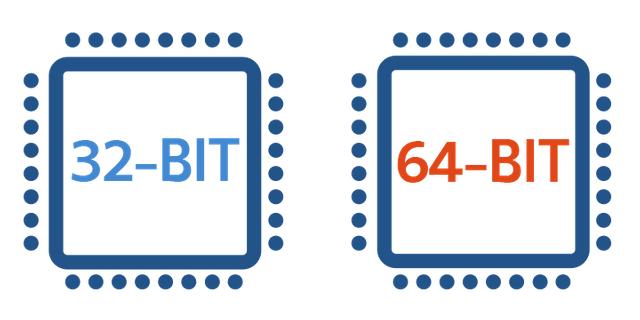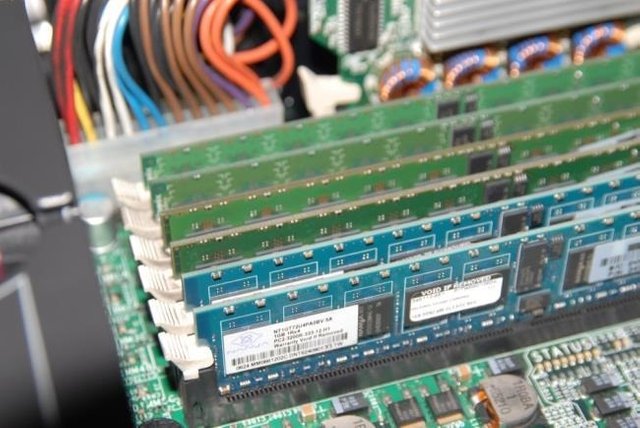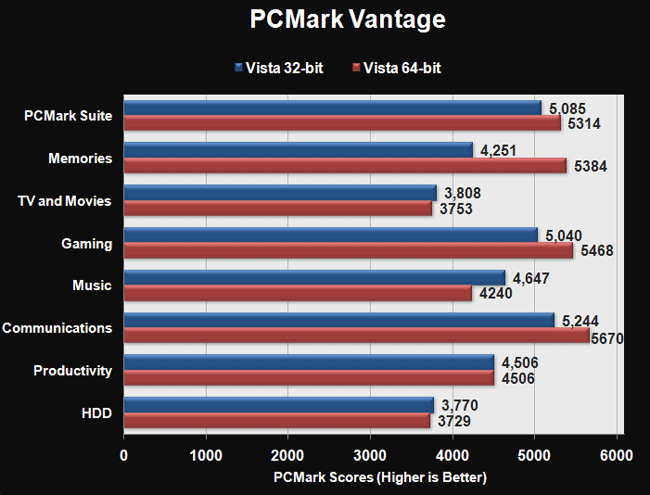Difference between 32-bit and 64-bit processors - EXPLAINED
A quick search on our hype evaluation machine also known as the google reveals just shy of 64,70,000 hits about 64-bit vs 32-bit processors. Some of this hype was started by the pc crowd back when AMD launched their first desktop pc 64bit cpu back in 2003. But since last fall's launch of the iphone 5s the first smartphone with a 64-bit CPU it's become a hot topic again. But what does it actually mean for average Joe.
Let's start with what a bit is very briefly here. 1 bit is a single character and binary either 1 or 0. So we can only express up to 2 values. With 2 bits we can express up to 4 values and with 3 bits that goes up to 8. Every bit we add increases the number of different values we can represent in binary exponentially. Now you'll hear about bits in relation to all kinds of computer things from data storage to data transmission to data processing.
So that brings us back to CPU. In the context of a processor the number of bits generally refers to the amount of memory it can address. So while a 32-bit processor is limited to about 4 gigabyte of memory or Ram. A 64-bit processor can handle up to 16 billion gigabytes of RAM. Alright - that sounds interesting more ram is good for performance right bring on the bit wheres my 128 bit, hold on a second there cool your rainbows my pony friend. More ram is only beneficial if you need it to store data that's applicable to the task your processor is working on at a given time. Adding more RAM - this isn't going to make the mouse move faster so move to more bits for processors it's not something to be undertaken for no reason.
Aside from the hardware re-engineering and instruction set architecture extension or re-design it involves a complete rewrite of fundamental parts of the operating system via windows, OS x and linux, android, iOS or whatever. They require specific driver software for all hardware components that will be used and finally application developers will need to at least recompile and debug their code just to achieve a basic compatibility without taking advantage of any performance improvements.
Well okay guinea pig but i really want that shiny new 64-bit processor. Maybe the entire hardware and software industries will cooperate for fast migration for the first time ever so i can have huge performance gains right. Here we are over 12 years after the release of the athlon 64 and in addition to most of the applications on my 64 bit pc anyway running in 32-bit mode. And furthermore if you think a 64-bit processor is faster then I'm afraid you've bought into the hype my friends for certain workloads. And nothing you're doing on your phone at the moment there will be a benefit. But in most cases what you're actually benefiting from is that a 64-bit CPU will tend to have a newer more robust design overall with more registers functional units, memory bandwidth and all that other stuff. So until we need more than 4 gigs of ram for our phone applications which who knows may not actually be that far away. The 64-bit is just unnecessary transition being packaged up for the general consumer as a selling point.
You can also read this post on our WebsiteThanks for reading.... Follow me @guineapig




